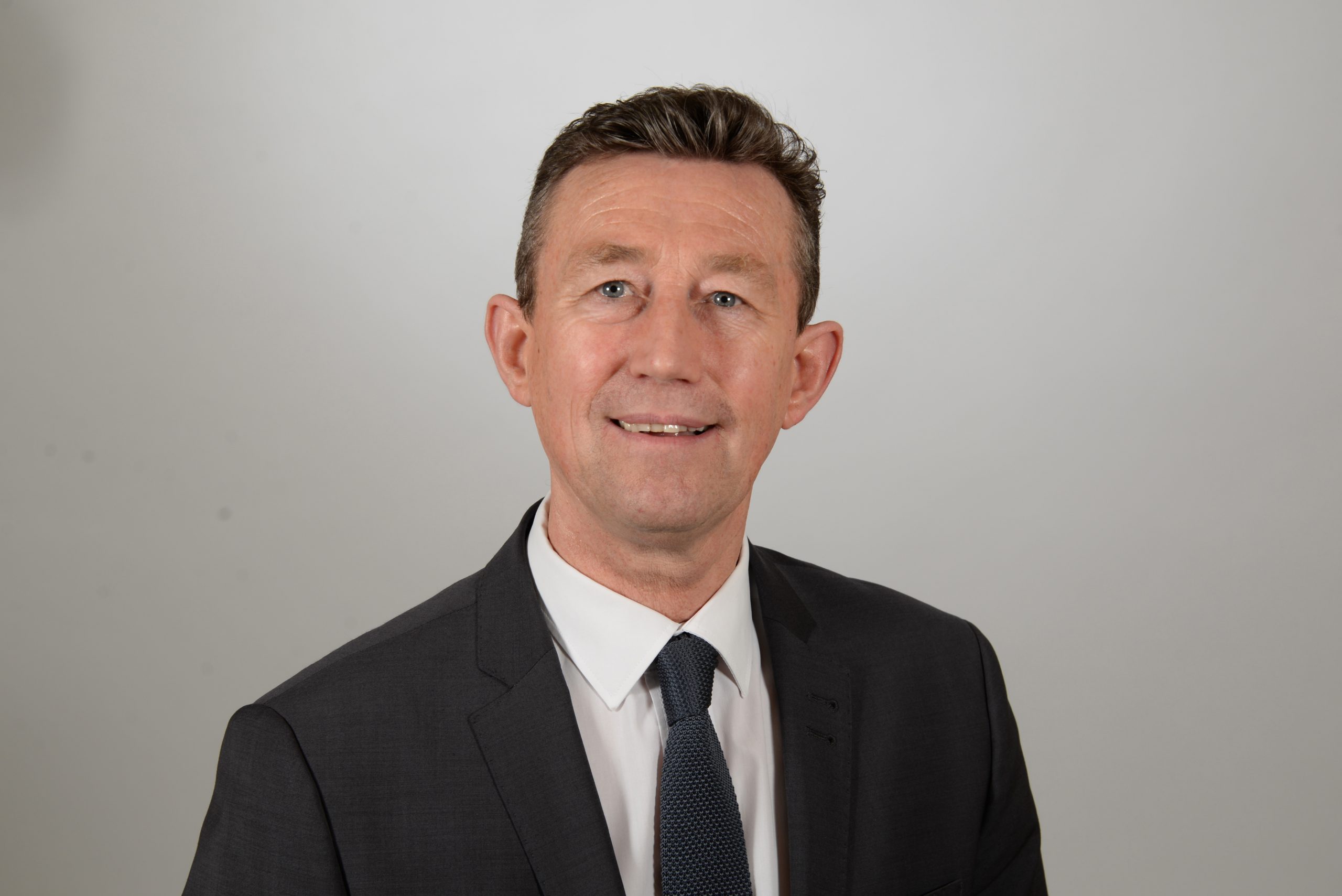Highlights from Rational’s latest online hospital seminar
“We want to be able to look back at this time and think what a difference we all made by working together, by working with our suppliers, our caterers, our Trusts. We want to be able to be really proud of what we did.” That was Philip Shelley, Chair of the NHS Hospital Food Review, introducing the latest of Rational’s online Hospital Seminars, which looked at how the hospital catering landscape had changed in the past six months.
And changed it has. The expert panel all enthused about the inspirational transformations that are taking place, and the innovations that are helping to drive improvements in patient, staff and visitor feeding. One notable driver of change is the NHS chef’s academy, which Nick Vadis, Culinary Director at Compass Group, described in detail. Already 120 chefs from all over the NHS have had a day’s training and their passion and willingness to learn were exceptional.
But there’s plenty of work still to be done. A key to attracting and retaining chefs is to raise the profile of working within the NHS, “We have to make it sexier,” said Vadis. Tim Radcliffe, Facilities Manager at East Lancashire Hospital, agreed, “The perception of hospital catering needs to be changed,” he said. “We should aim for the first Michelin Star in a hospital environment.” In East Lancashire Hospital the past few years have seen a huge swing away from bought-in food. Five years ago it was 50% of the feeding, now 95% is cooked inhouse. “Chefs are increasingly using the skills they have, so there’s less reliance on bought in foods.”
A poll of attendees showed that 79% saw staff shortages as a major challenge, closely followed, at 63%, by staff skills. The focus on training and personal development may provide a solution here, but the problems are national, not just within the NHS.
The momentum being created by the Review is underlined by the new NHS Chef of the Year competition. “I don’t know of a competition in the UK that asks the chefs to do so much to win!” said Vadis. “I’m inspired by teams taking part. Their enthusiasm, willingness to learn, the way they are sticking their head above the parapet, pushing themselves to the next level. What the team behind the competition are trying to achieve is absolutely amazing.”
On the other hand, Shelley and his fellow panellists agreed that the NHS couldn’t make the sweeping changes required on its own. “We need to work together with our suppliers, we need their expertise and know-how,” he said. “We can only do so much with our enthusiasm and our expertise, we need our providers and equipment suppliers to help us.”
On the subject of the future of kitchen design, Shelley said, “We need to plan for the long term – ten or twenty years. That means buying quality equipment, even though that might cost more. If we have quality equipment we have a much better chance of producing quality food. Let’s invest properly in healthcare catering.”
Rational director Colin Parry pointed out that it wasn’t just about buying equipment for its functionality. “As well as helping chefs develop programs and processes with the technology, we need to look at the ergonomics,” he said. “It’s Important to create the right kitchen environment to get the best results. Technology can look after some of the labour intensive tasks, so chefs can get on with creativity and innovation.”
Mike Ridder of Dragon Consultancy underlined the need to be aware of Government net zero guidelines when purchasing equipment. Kitchens use a lot of power, “Investing in sustainable, energy efficient equipment is an opportunity,” he said. “Sometimes we throw a lot of money at maintenance and repair, when we should be replacing cooking equipment. Lots of manufacturers are now offering finance options such as interest free credit and leasing. They let hospital caterers pay for equipment out of revenue rather than capital.”
Parry agreed, “If you want to reduce energy output and reclaim heat energy, talk to kitchen designers to make sure you are getting the equipment you need.”
In a poll looking at what the ideal future equipment would incorporate, attendees voted ease of use, sustainability and cooking intelligence highly, followed by functionality and self-cleaning. Interestingly, money saving was low on the agenda.
Shelley concluded by saying, “There’s a sentence that I’ve often used through the review and beyond, and that is, ‘what does good look like?’ That’s never more appropriate than when we talk about food. We want food to look good in the NHS, whether for patient, staff or visitor. I think we’re at the beginning of the journey to know what does good look like.”
Just under a hundred hospital caterers took part in the seminar, representing the NHS from across the UK. Their responses via the chat function were full of enthusiasm. One attendee described the event as “Really enjoyable, interesting and motivational,” while another said, “An excellent seminar – I look forward to the next one.”
“We panellists have been inspired by the comments,” said Shelley. “People want to engage, they want to improve their current situation, and hopefully we can help them to do that.”
Adam Knights is Marketing Director at Rational UK. He says, “We aim to be a partner to healthcare, not just an equipment manufacturer. We are proud to be able to provide an ongoing platform for NHS catering with these seminars, where the community can come together, to discuss and be updated on the positive journey started by the Hospital Review. The seminars also keep us informed about the challenges hospitals face, to provide the necessary, relevant support. For example, we’re working with Trusts who are beginning to see the huge benefits the iVario cooking system can bring, to help them achieve some of the objectives in the Review.”
This latest seminar also covered food to go, hydration and nutrition, which we’ll cover in a separate article.

